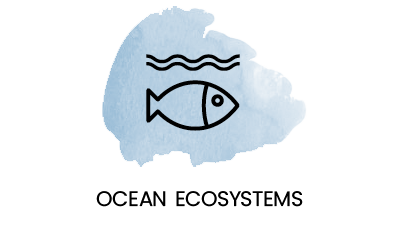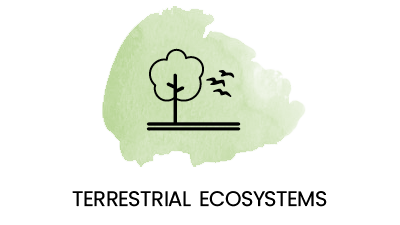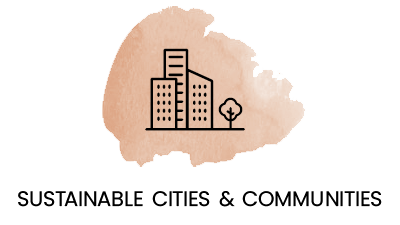Research Focus Areas
.
Science to Action
.
With the world increasingly and visibly under siege from environmental threats such as climate change, habitat destruction, and pollution, the urgent need to take action has never been clearer. For nearly 50 years, Earthwatch has supported scientists in the field, assisted by citizen science volunteers, to identify sustainable solutions to address some of the greatest environmental challenges humanity has faced. By supporting rigorous, relevant, and impactful science, we have helped to shape environmental policies, conserve threatened species and habitats, and advance the scientific study of global change.
.
.
Research Focus Areas
.
Our Priorities
The climate crisis demands a focused, strategic response informed by solutions-oriented science that involves people from the outset. To mitigate against the intensifying impacts of global change and to adapt to the shifts that have already occurred, we need to develop and strengthen the evidence base with rigorously collected data while mobilizing a network of environmental ambassadors poised to take action. By increasing our understanding of global threats, we can identify solutions to conserve our essential natural systems.
Since 1971, Earthwatch has been pairing citizen science volunteers from all walks of life with scientists to study and protect threatened species and ecosystems in more than 130 countries around the world. We support rigorous, hypothesis-driven scientific research that informs the development of policies and management plans to conserve and restore ecosystem services, biodiversity, and community resilience. Given the pace of environmental degradation and the urgency with which we need to take action, our research focus has taken on even greater importance with the development of the United Nations Sustainable Development Goals (SDGs), a set of targets to achieve a better and more sustainable world by addressing global challenges—many of which lie at the core of Earthwatch’s mission.
As a pioneer in the field of citizen science, Earthwatch has long been on the frontlines of ecological research. At the very heart of these efforts are people—the scientists, citizen science volunteers, and community members who embody our mission, our values, and our belief in a sustainable future.
.
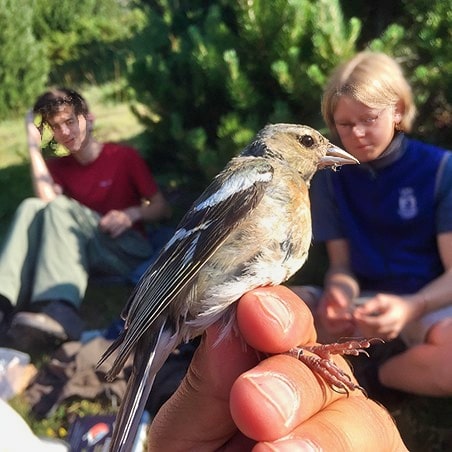
Long-Term Support
Global change science requires a massive amount of data collected over a long period of time so that scientists can truly understand the ecological shifts taking place. While federal and foundation grant support typically lasts for two to three years, Earthwatch supports projects for an average of over seven years, with some research projects supported for over 30 years.
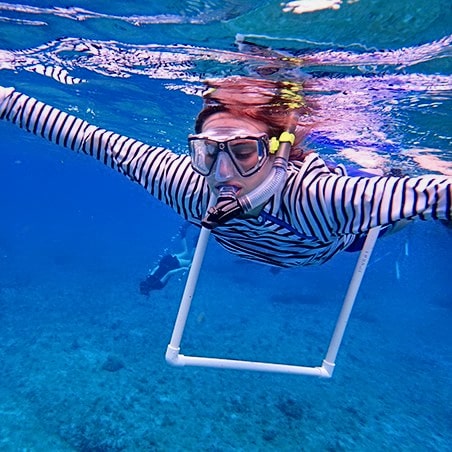
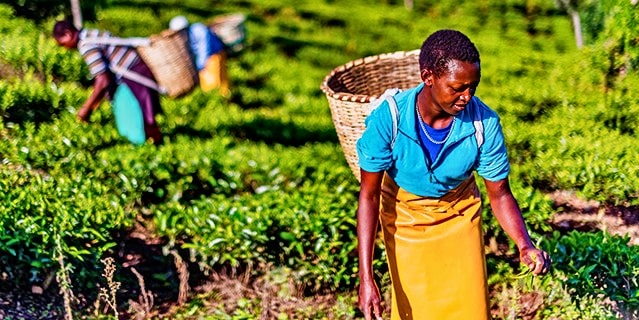
Engaging with Communities
Our model of supporting long-term research around the world enables scientists and volunteers to build partnerships within communities, to learn from local leaders, and to help identify the most effective solutions to address the environmental challenges we face.
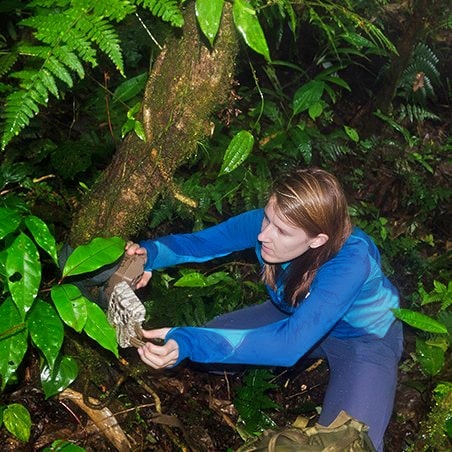
Value of Citizen Science
Our time-tested citizen science model enables participants to make a direct contribution to research, increase their scientific understanding, and immerse themselves in learning about environmental issues. But the impacts extend far beyond the volunteer experience to the actions participants take within their homes and communities.
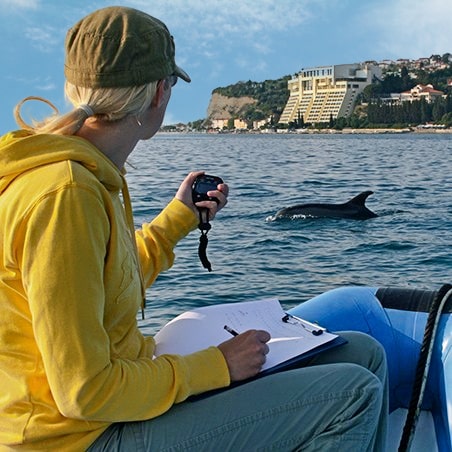
Experience hands-on science in some of the world's most astounding locations. Meet a community of eco-conscious travelers and return home with stories filled with adventure.
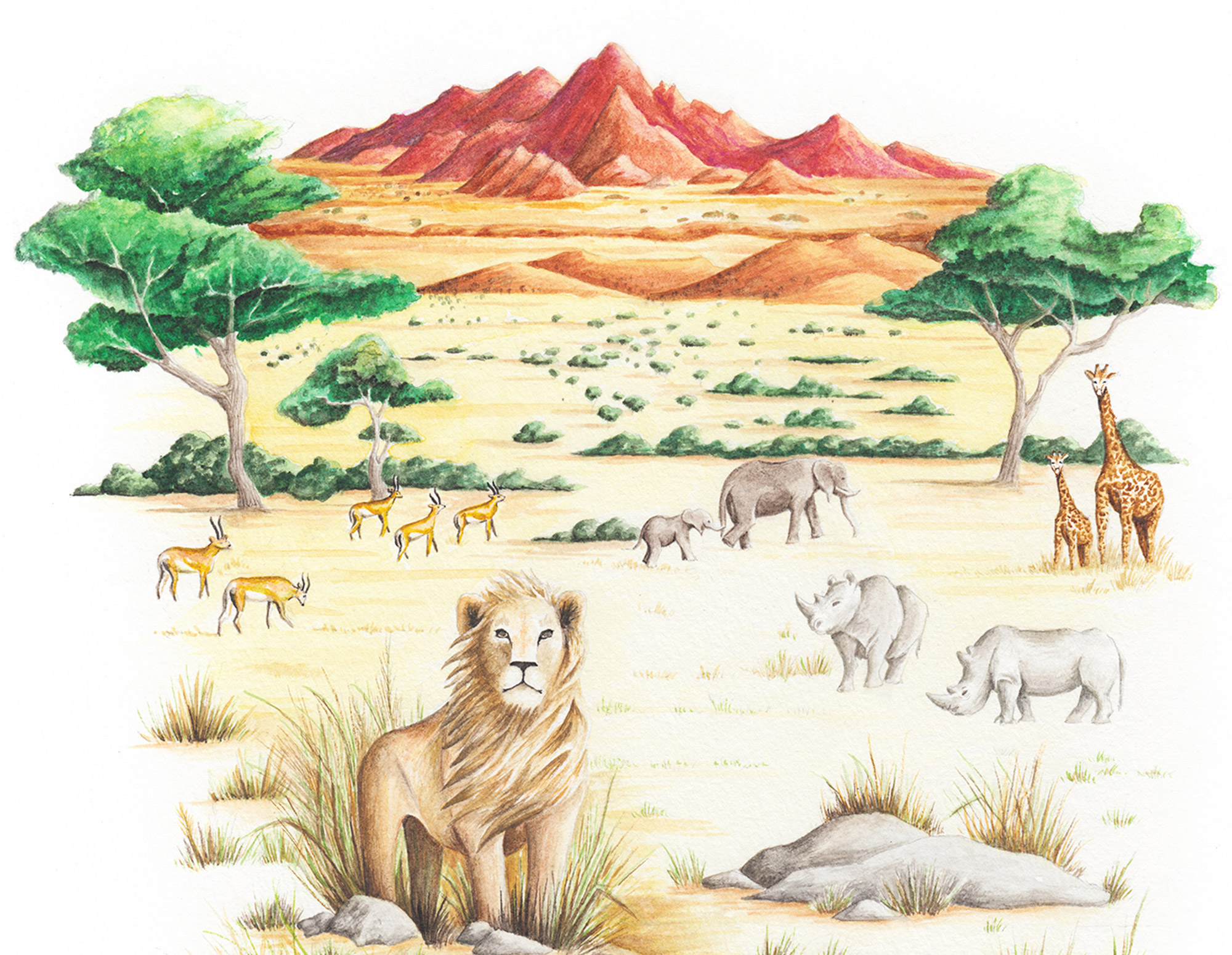
YOUR SUPPORT MATTERS
Earthwatch depends on donations—above and beyond what we raise from volunteers who participate in our expeditions—to deliver our global conservation mission. In fact, volunteer contributions provide only half of the total resources Earthwatch needs to sustain over 20 global field research expeditions, a wide variety of educational programs, corporate sustainability trainings, and more each year.
